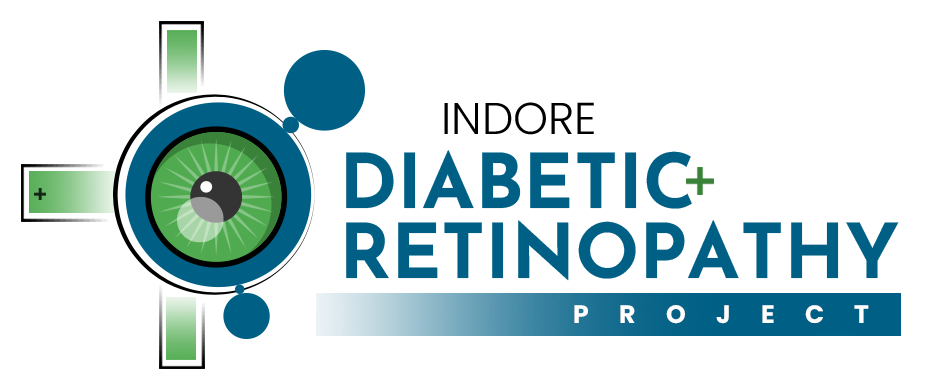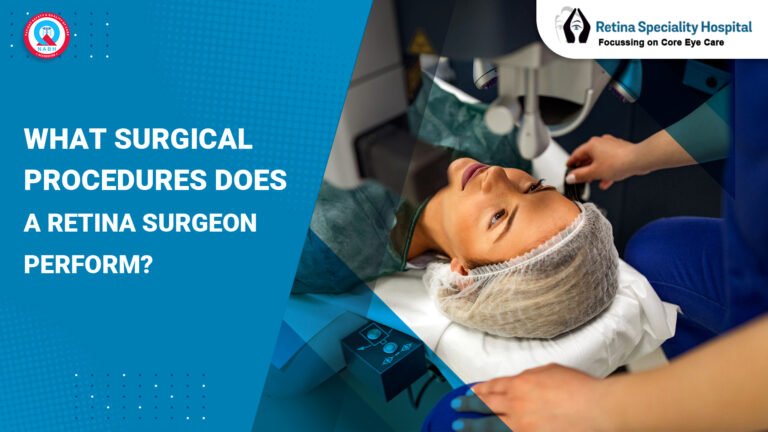Macular degeneration is a leading cause of vision loss, affecting millions worldwide. If you or a loved one are experiencing blurry or distorted vision, understanding this condition is crucial. This guide will help you recognize symptoms early, understand risk factors, and explore modern treatments. Regular eye check-ups at a vision care centre for retina can help preserve your eyesight and improve quality of life.
What is Macular Degeneration?
Macular degeneration, also known as age-related macular degeneration (AMD), is a progressive eye disease that affects the macula, the central part of the retina responsible for sharp vision. It typically occurs in older adults and can lead to significant vision impairment if left untreated.
Symptoms of Macular Degeneration
Recognizing early symptoms can help in timely diagnosis and treatment. Common symptoms include:
- Blurred or distorted vision
- Difficulty reading or recognizing faces
- Dark spots in the central vision
- Colors appearing less vibrant
- Increased sensitivity to light
If you notice any of these signs, consult a retina specialist doctor immediately for a comprehensive eye exam.
Risk Factors for Macular Degeneration
Several factors increase the risk of developing AMD, including:
- Age: More common in individuals over 50
- Genetics: Family history can play a significant role
- Smoking: Increases the likelihood of AMD progression
- Obesity & Poor Diet: High-fat diets can contribute to eye damage
- High Blood Pressure: Affects blood flow to the retina
Modern Treatments for Macular Degeneration
While there is no complete cure, several advanced treatments can slow the progression and manage symptoms effectively:
1. Anti-VEGF Injections
These injections help reduce abnormal blood vessel growth and leakage, which can stabilize vision.
2. Laser Therapy
In certain cases, laser treatment can help destroy abnormal blood vessels and prevent further vision loss.
3. Nutritional Supplements
A diet rich in antioxidants, vitamins C and E, zinc, and lutein can support eye health. Supplements like AREDS2 have shown effectiveness in slowing AMD progression.
4. Low Vision Aids
Magnifiers, special glasses, and adaptive technologies can assist in daily activities for those with advanced AMD.
Importance of Regular Eye Check-Ups
Early detection is key to managing AMD. Routine visits to an eye check-up hospital near me ensure timely intervention and personalized treatment plans.
Frequently Asked Questions (FAQs)
Q1: Can macular degeneration be cured?
A: Currently, there is no cure for macular degeneration, but early detection and treatments can slow its progression and help manage symptoms effectively.
Q2: Is macular degeneration hereditary?
A: Yes, genetics play a significant role. If you have a family history of AMD, regular eye check-ups are essential.
Q3: How can I prevent macular degeneration?
A: Maintaining a healthy diet, avoiding smoking, exercising regularly, and protecting your eyes from UV light can help reduce the risk.
Q4: What is the difference between dry and wet AMD?
A: Dry AMD is more common and progresses slowly, while wet AMD is less common but more severe, leading to faster vision loss due to abnormal blood vessel growth.
Q5: How often should I get my eyes checked?
A: If you’re over 50 or have risk factors, an annual check-up with a retina specialist doctor is recommended.
Conclusion
Macular degeneration can significantly impact vision, but with early detection and modern treatments, its effects can be managed. If you experience any symptoms, consult the best retina specialist in Indore for expert care and guidance. Prioritize your eye health by scheduling regular check-ups and following preventive measures.
For comprehensive retina care, visit Retina hospital, your trusted partner in vision health.












